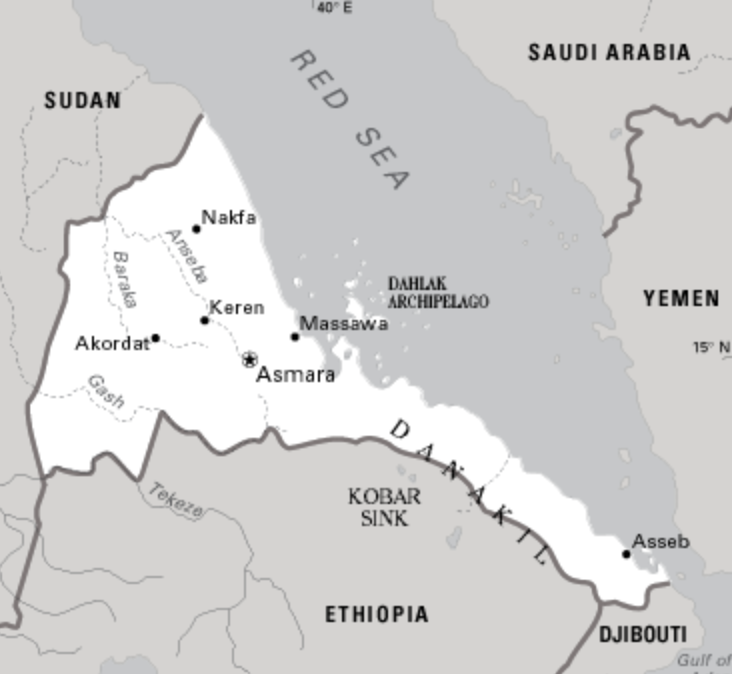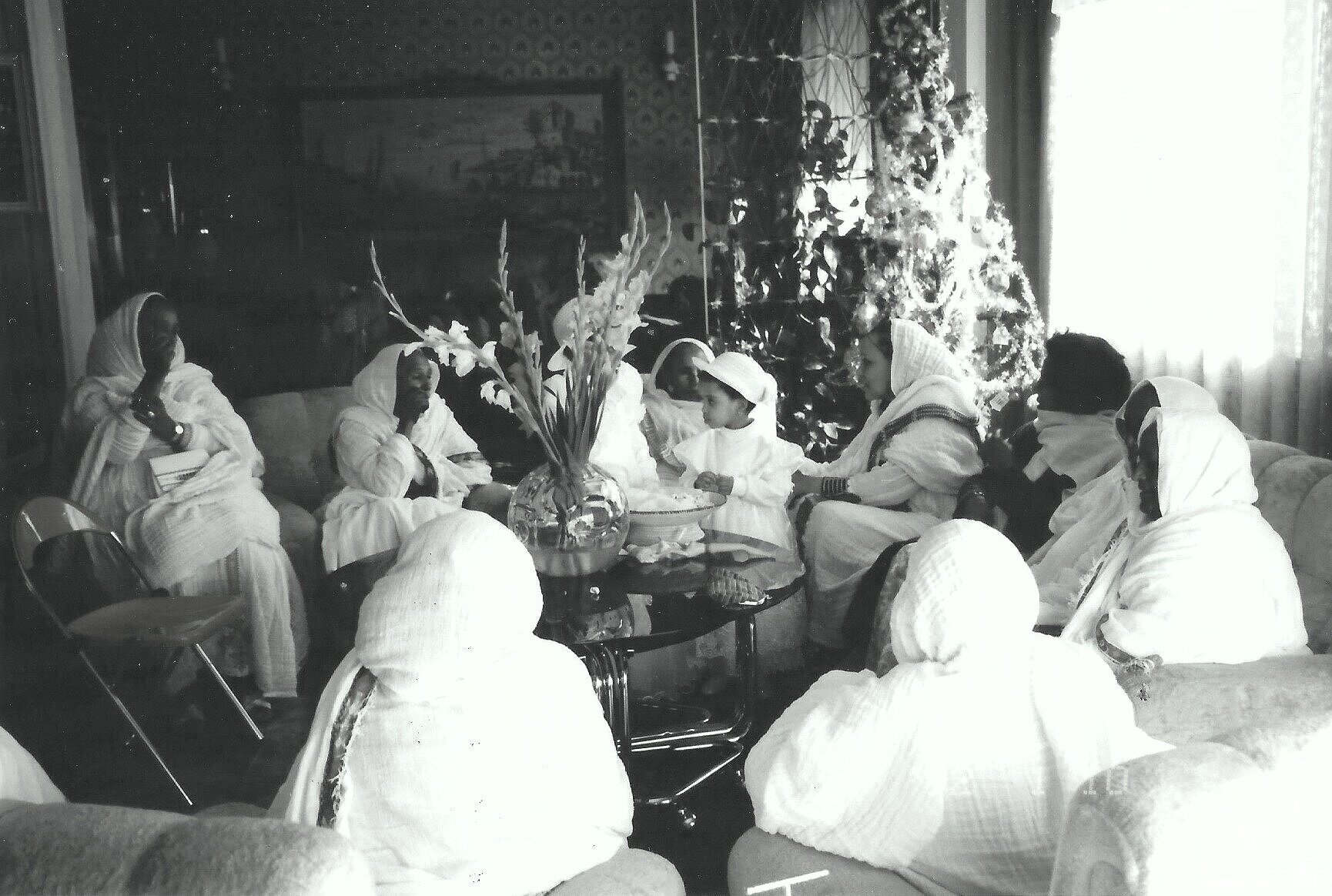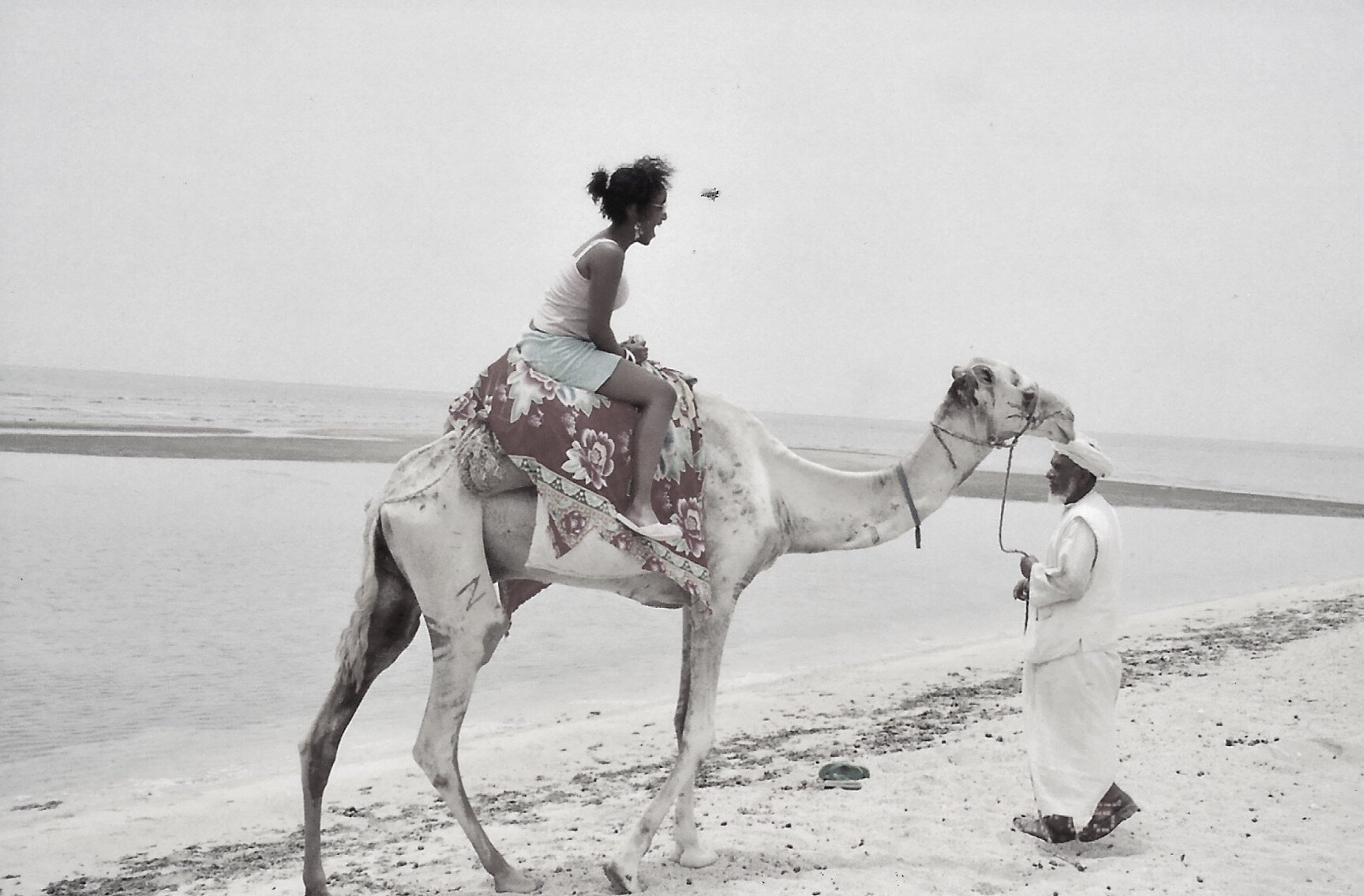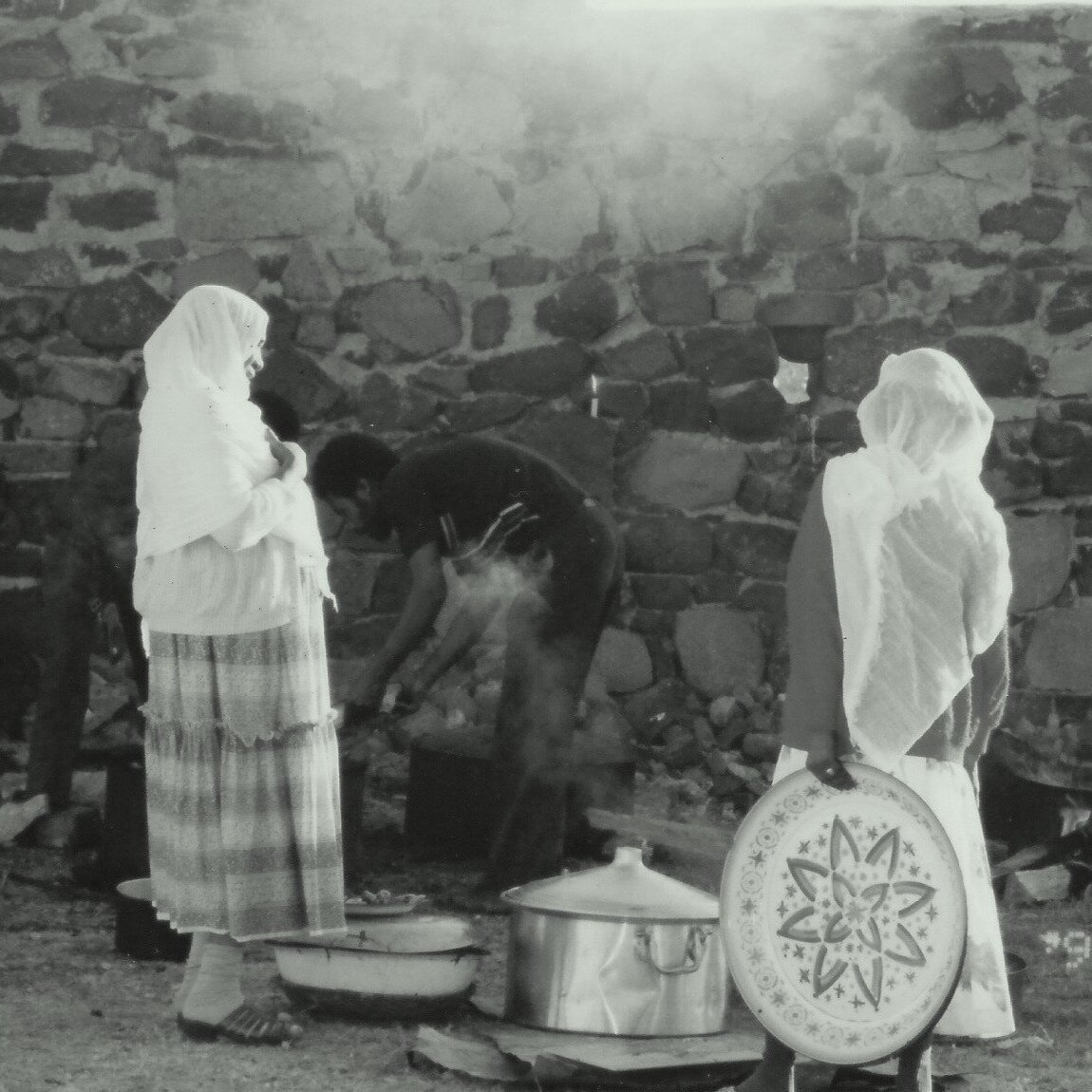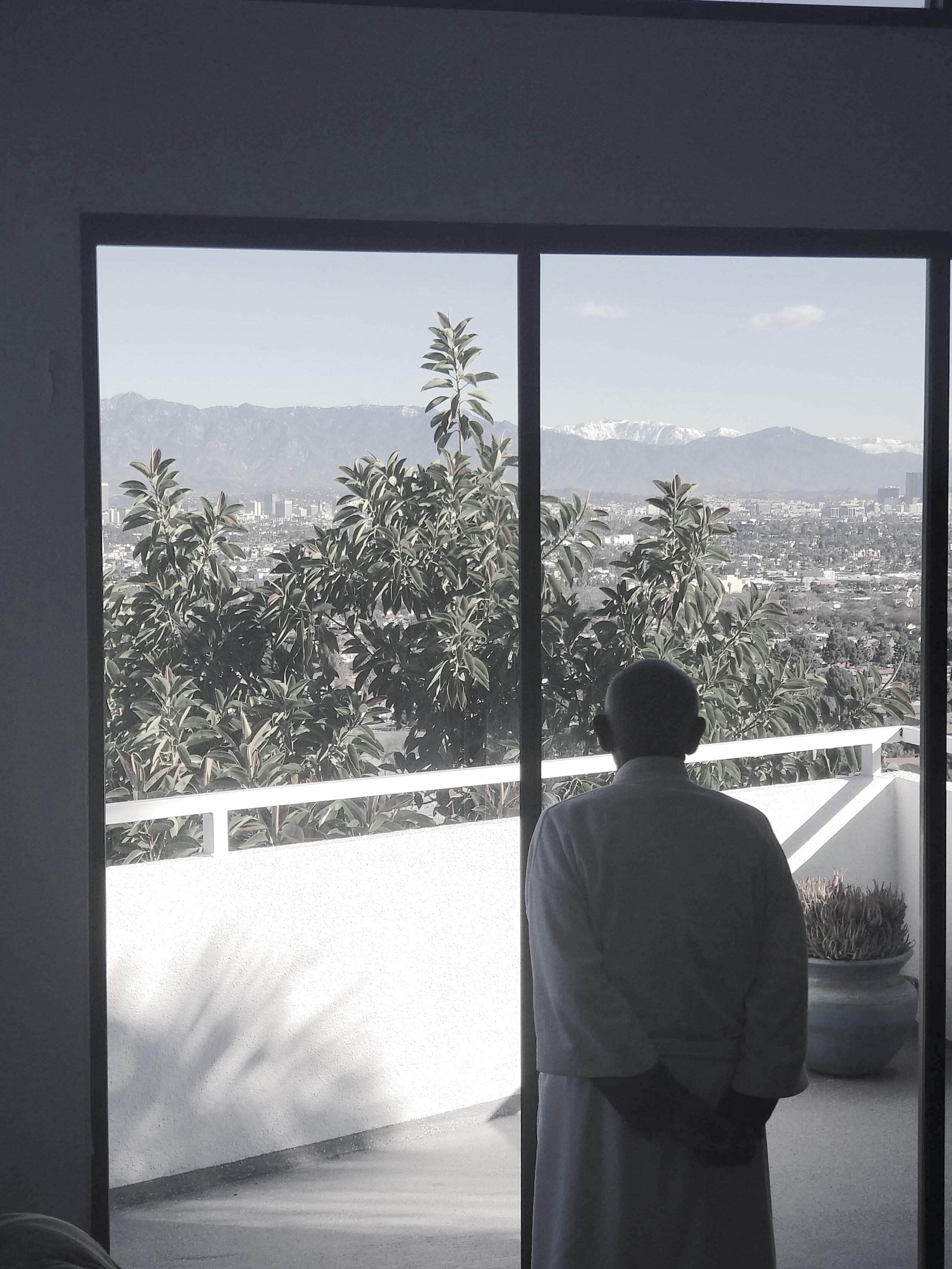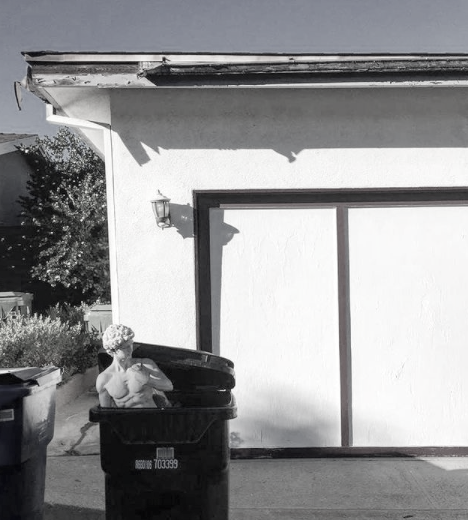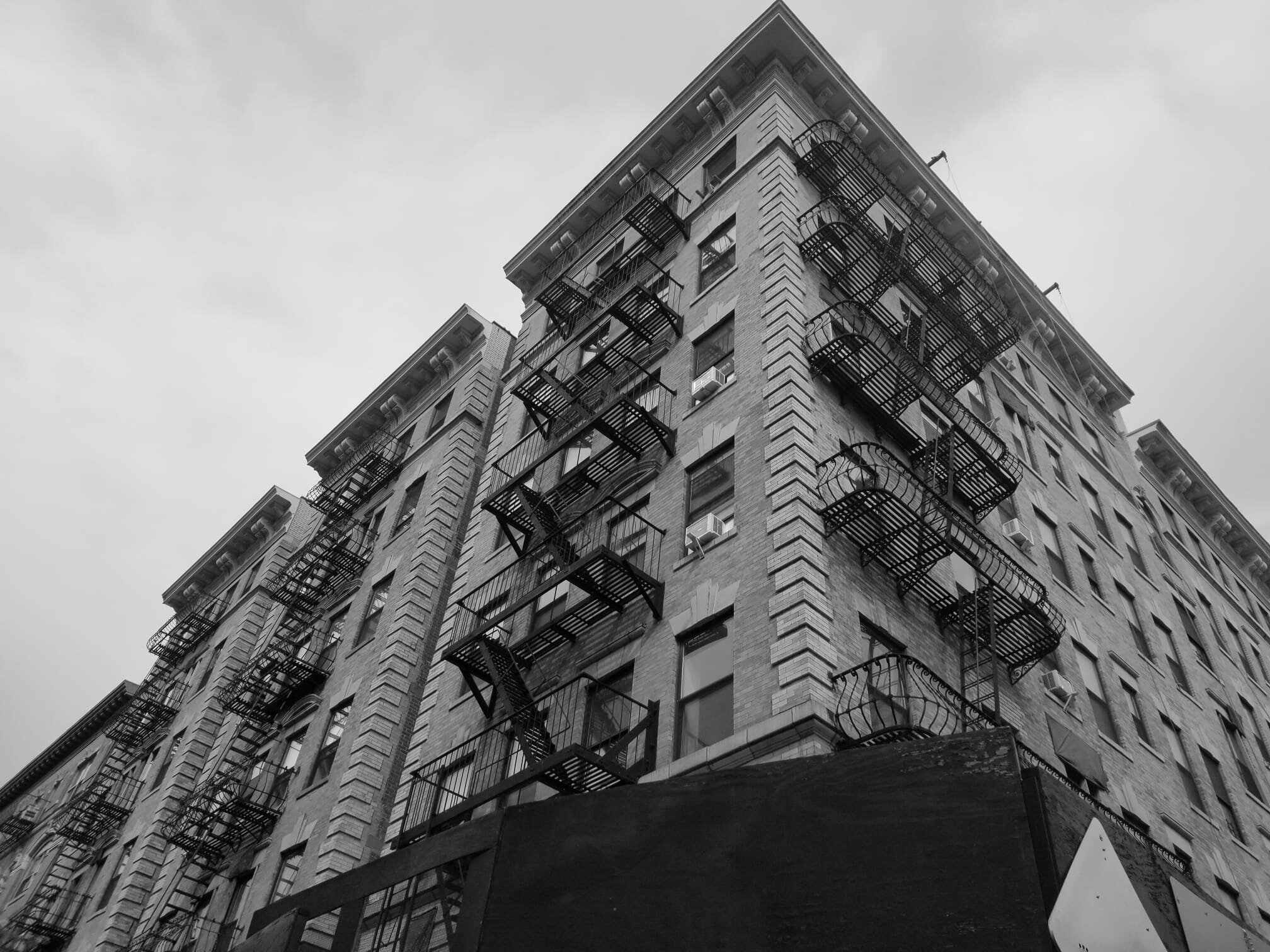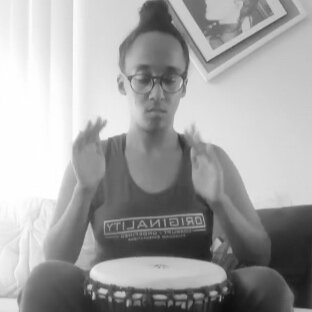Episode 13: MOTHER TONGUE | ፈለማ የማነበርሃን| Felema Yemaneberhan |Architectural Designer
Felema Yemaneberhan grew up in Los Angeles, but throughout her childhood she was brought back to another home, in Eritrea, north of Ethiopia, a country traumatized by Italian colonization and Civil War. In the US, before the age of 5, she only spoke Tigrinya, the language of her ancestral home. When we say ‘Mother Tongue’, what does it mean? Is it the spoken language of home, the language of parents, ancestors, and country of origin? Is it the language of place, the rooted connection to heritage, traditions, people, music, rituals, religion, and the DNA of a particular ethnic experience? ‘Mother Tongue’ merges the past and present, a sometimes invisible gift of identity, particularly when displaced in another land.
Today, as an architectural designer, researcher and strategist, Felema is based in Baldwin Hills, LA and Harlem NYC. Felema’s work is committed to gifting back to that land; a new soulful, African design sensibility. Her thesis at Cornell University, sited in Eritrea, was named Natome Medri, meaning ‘Their Land’. Following work in various national and international firms, such as Arquitectonica, Woods Bagot, and HOK (working on historical preservation, residential, commercial and hospitality projects), she has founded her own practice Felemaye, which focuses on the intersection of anthropology, social justice and computation. She is also collaborating and teaching with the Community Planning and Design Initiative (CPDI) Africa, a new concept for a design school in Africa, and integrated into Western Universities. I have watched her grow as a former student, always unwavering in service to the place of her mother tongue.
https://www.cpdiafrica.org/home
https://www.linkedin.com/in/felemaye/
https://www.instagram.com/felemaye/
TRANSCRIPT EXCERPT
“A lot of their properties were seized, and they knew that they couldn't stay there for much longer….My parents wanted to find a place in a landscape that most resembled their home country. I think most immigrants come here out of need, or an opportunity they may not have at home. My parents came here to America, as a way to pass the time. So, they've been here for 35 years, but they're very proud of where they come from, and thirty-five years later they’re still saying, I'm going to go back home.”


